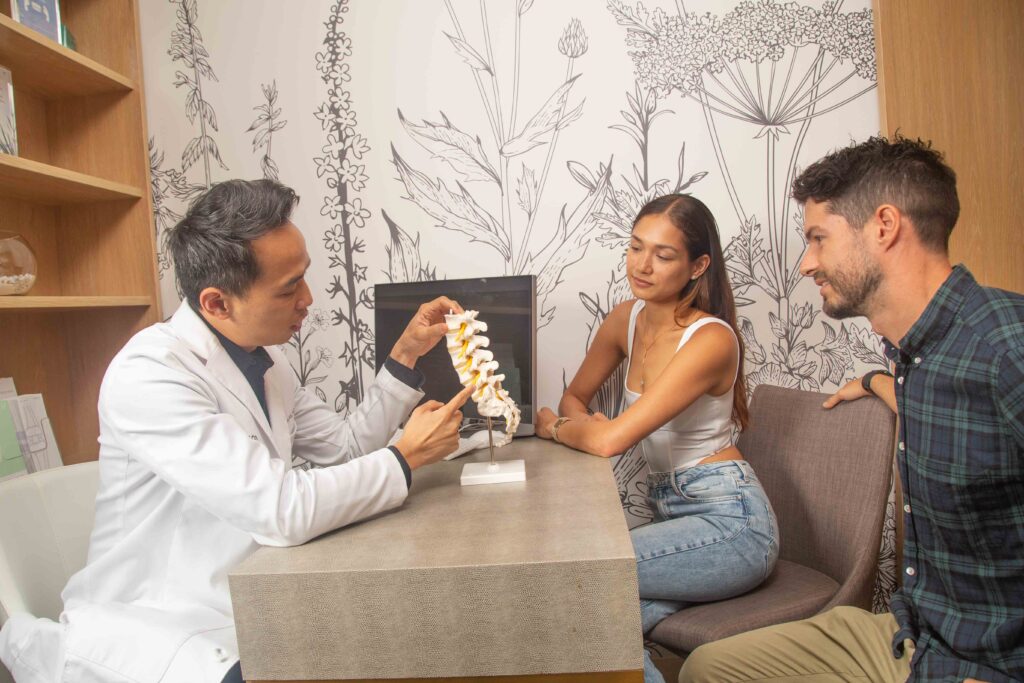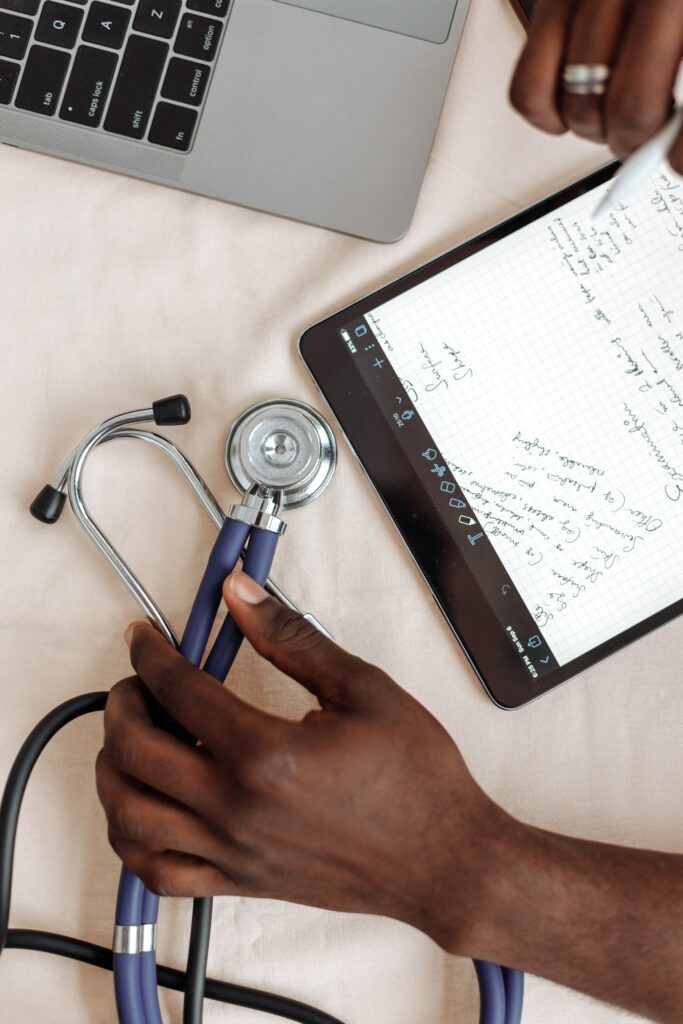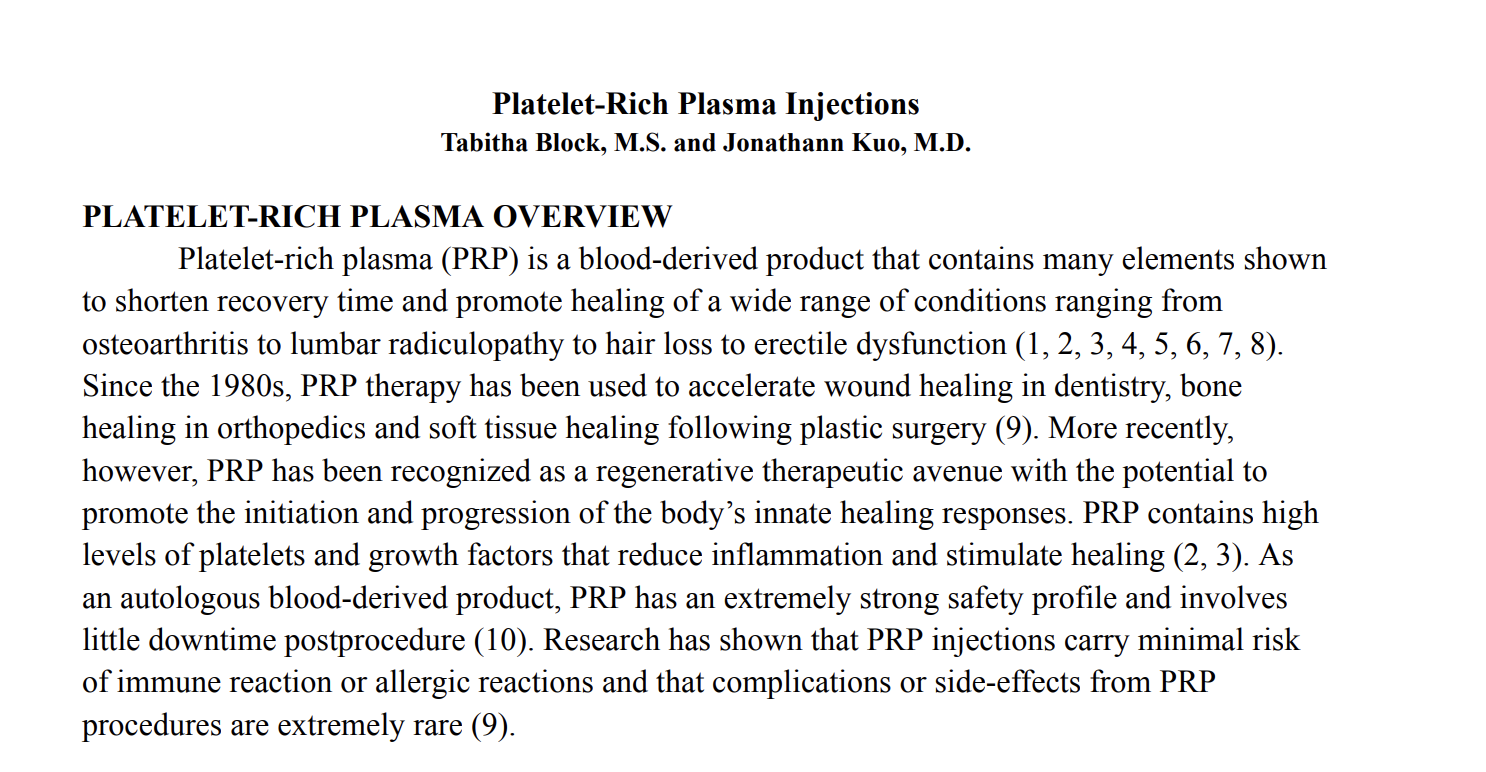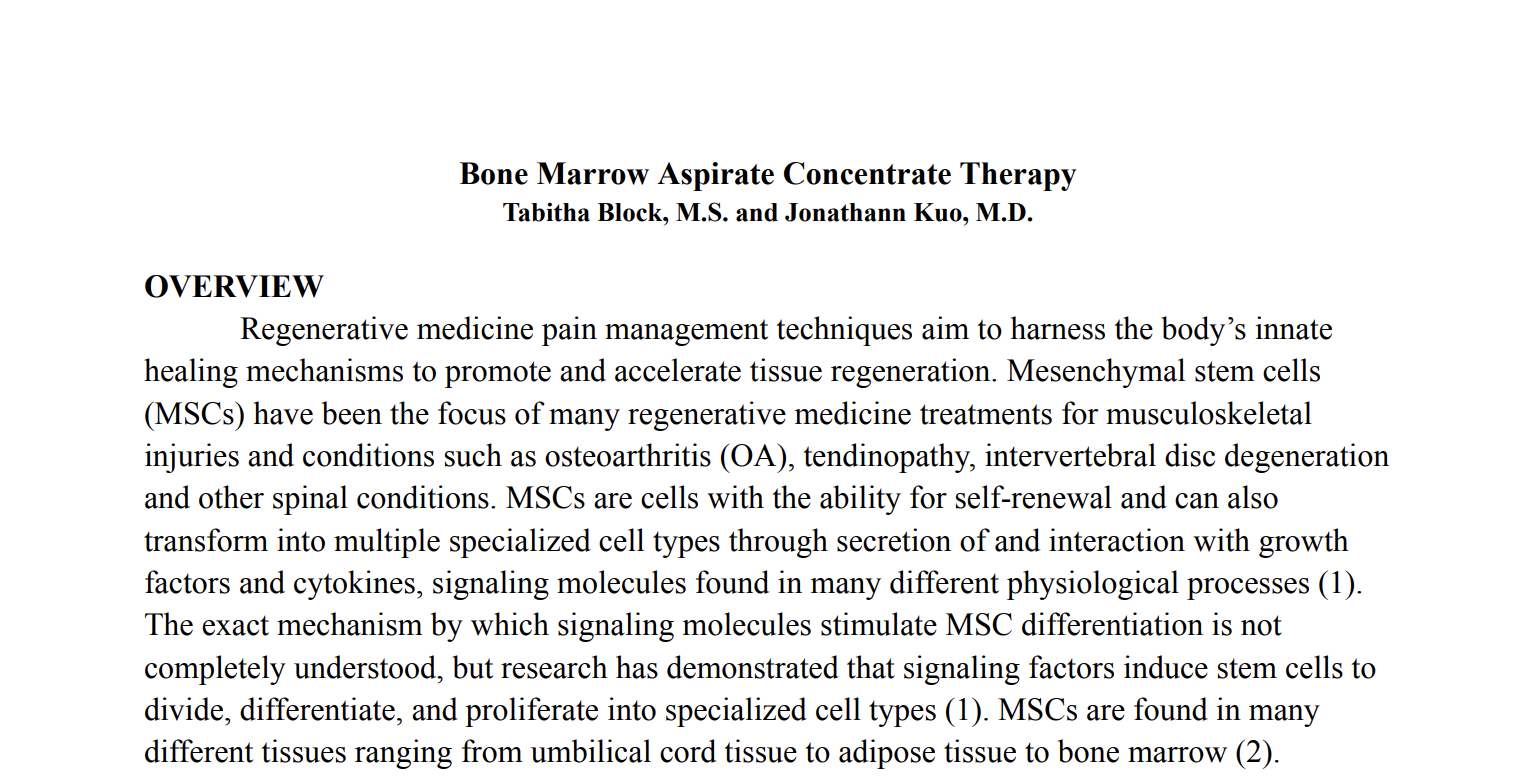Regenerative Medicine
Regenerative treatments harness your body's natural healing factors to promote healing and tissue regeneration.
Stimulate tissue regeneration and accelerate healing.
Regenerative Medicine at Hudson
Since 2010 we have treated over 2500 regenerative medicine cases.


What is Regenerative Medicine?
Types of Regenerative Treatments
By re-administering concentrated from your own body, PRP therapy stimulate the body’s own healing response to treat acute injury, inflammation, or chronic degenerative disease. If you're looking for an alternative to surgery, PRP is a minimally-invasive option that treats the source of your pain and promotes restoration.
Good candidate for PRP treatments include anyone living with chronic joint or back pain. You should also consider PRP if you are recovering from a soft tissue injury (i.e. to the muscles, ligaments, or tendons).
Read More
Bone marrow concentrate consists of undifferentiated cells in the human body with the ability to mature into various cell types such as blood cells, cartilage cells, and repair cells. The bone marrow concentrate (which contains stem cells) can be manipulated to differentiate specifically into bone or cartilage cells.
Here at Hudson, we use autologous bone marrow samples, meaning that the bone marrow sample is from your own body. And on the day of the procedure, we take a bone marrow sample from your hip, concentrate the sample, and re-inject the concentrate into the damaged area along with growth factors and healing factors from the your blood to support your body’s natural healing process.
Improvements following procedures should become apparent within 1-3 months, but please note that it may take as long as 6-9 months.
Read More
Other forms of advanced cellular therapies are available with our overseas partners. Contact concierge@hudson.health to learn more.
Regenerative Research
These treatment protocols are for research purposes only.
Regenerative treatments or orthopedic surgery?
1 month after regenerative knee treatment, patients report a 45% decrease in pain, based on the Numeric Pain Scale (NPS).
Regenerative treatments utilize injections rather than an incision. Advanced ultrasound or x-ray imaging technology is used to ensure accurate placement.
Generally, patients can return to normal activity within 2-3 weeks. It may take 8-12 weeks to resume normal activity after surgery.

Regenerative Medicine Education

Platelet-Rich Plasma Injections
"PRP therapy has immense potential for many clinical applications in pain management practices and represents an exciting progression in the field of regenerative medicine."
Learn More →
Bone Marrow Aspirate Concentrate
BMAC therapy offers an alternative treatment option with the potential to alter the trajectory of degenerative musculoskeletal conditions towards tissue regeneration and healing.
Learn More →